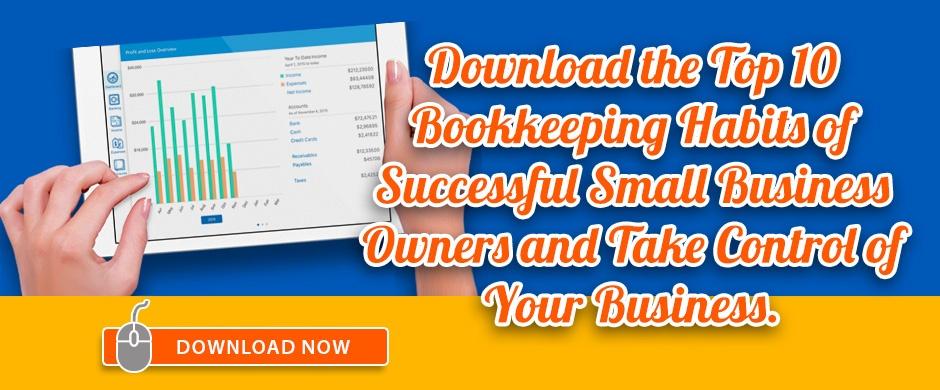Small business accounting is vital to building a healthy business. Accounting has been around for as long as humans have been trading with each other. Over time, accounting became more involved and was done primarily by financial professionals, but with the introduction of accounting software, small business owners can do their accounting.
Accounting Has Three Main Focus Areas
- Financial Accounting is information that you need to present to external sources like investors, banks, or partners
- Managerial Accounting is information that you need to run a healthy business
- Compliance Accounting ensures that your information is handled in compliance with federal laws and regulations. This is more of an issue for big multinational companies
How Can Accounting Help Me With My Small Business?
When you have all your information in an easy to use accounting software you can see all aspects of your business’ financial picture in real time.
5 Accounting Tips to Help You Grow Your Small Business
1. Reconcile Monthly: Mission critical, not mission impossible
Reconciliation is the process of confirming two independent sets of information. For example, checking the transactions that went through your bank or credit card accounts with what we have in your small business accounting software, this process ensures all your transactions are properly entered, and everything that went through your bank account or credit card is correct.
2. Track Expenses: Never Miss a Write off Again
When you run your own small business, there are times when you buy things for your company with your personal money. When you are out running errands, it is more efficient to purchase everything at the same time. The takeaway is to track all of those expenses properly so that you can reimburse yourself, if appropriate, and get the write off you deserve. Who wants to pay for things with after tax dollars?
3. Systemize Your AR and AP
You may have heard this saying “Cash Flow is King” and there is a reason for it. You can have a profitable company, but if your cash flow isn’t under control, you won’t have money to pay your staff, your rent, or other critical parts of your business. By creating a system around your accounts receivables and payables, you can control your cash flow, and focus on growing your business rather than trying to figure out how to make payroll.
4. Find Trends With Reporting
Whether you call it Profit and Loss or an Income Statement - this report has a few different names - it shows you what is happening in your business month over month, quarter over quarter, and allows you to see trends. Determine which clients are purchasing more or less from you, then take action. Call them, thank them, and see what else you can do to help them. You can also negotiate rates or terms with vendors from which you make large purchases. Every little bit helps so a 5% discount or an extra 30 days to pay can help with profitability and cash flow.
5. Know Your Critical Numbers
Do you know how to read a Profit and Loss Statement? What about a Balance Sheet? The data in your small business accounting software is powerful once you take the time to learn which of these numbers are critical to your business. Each business has slightly different KPIs (Key Performance Indicators), but some of the numbers that are critical to every business are:
- Profit
- Average Sale
- Average Revenue Per Customer

Whether you decide to DIY, get a bookkeeper, or leave it all to the accountant at the end of the year, the key message is: don’t go entirely hands off in your small business accounting. Looking at your numbers regularly, seeing where you are successful, and where there is room for improvements allows you to grow your business on an ongoing basis.

